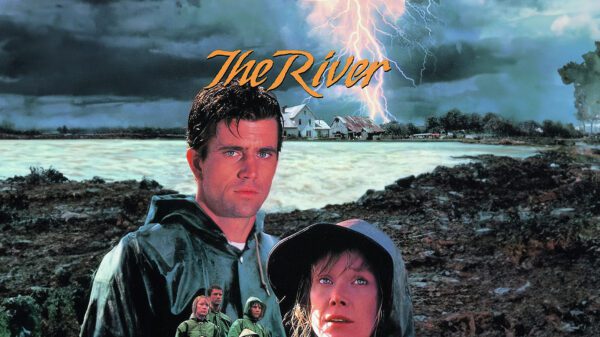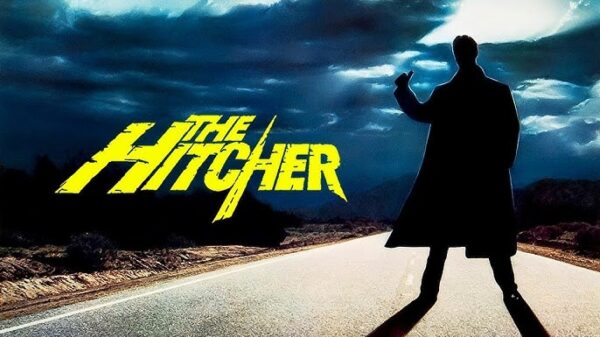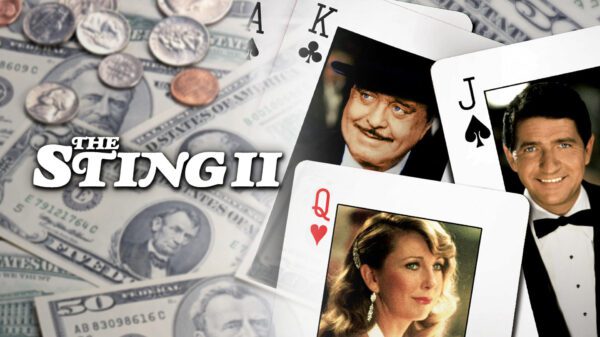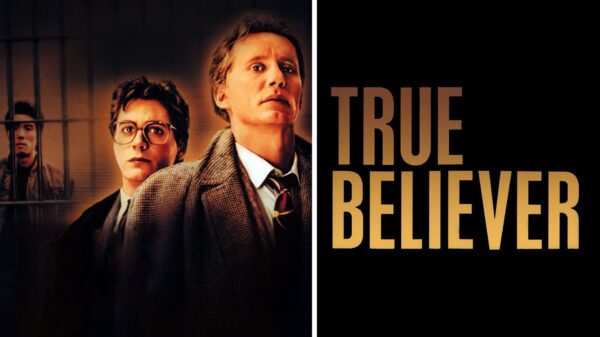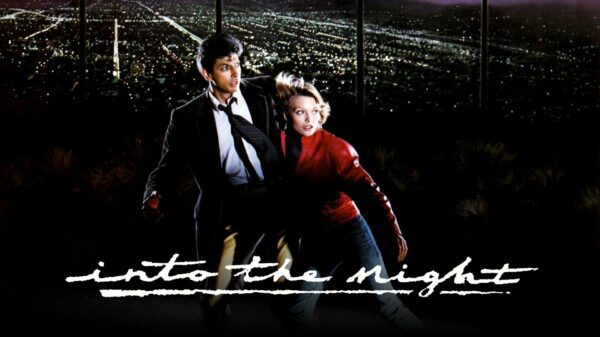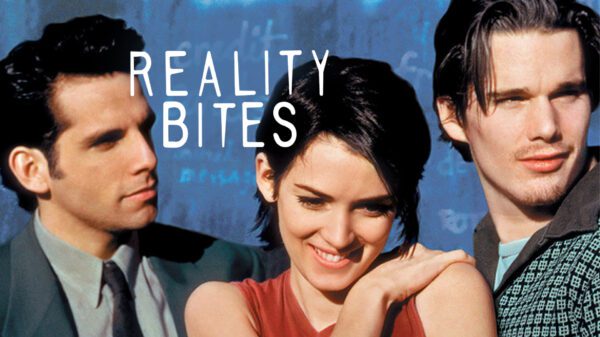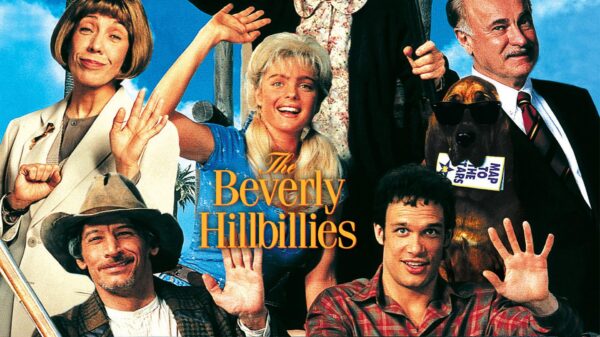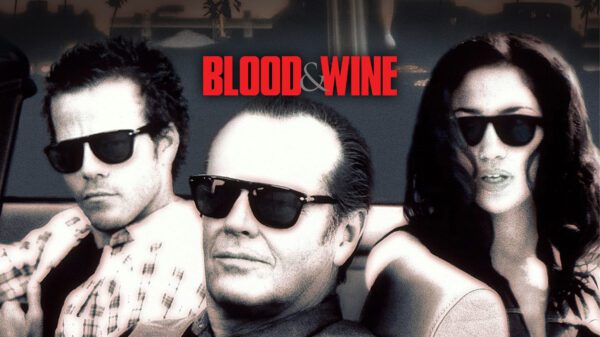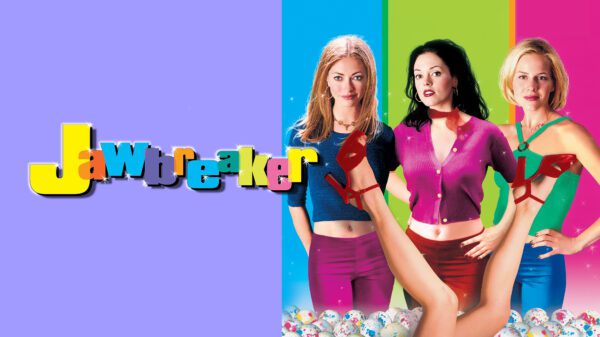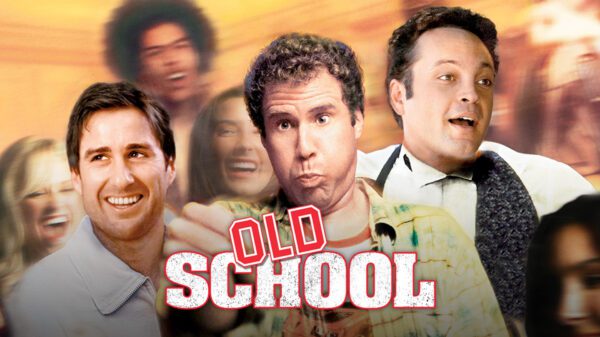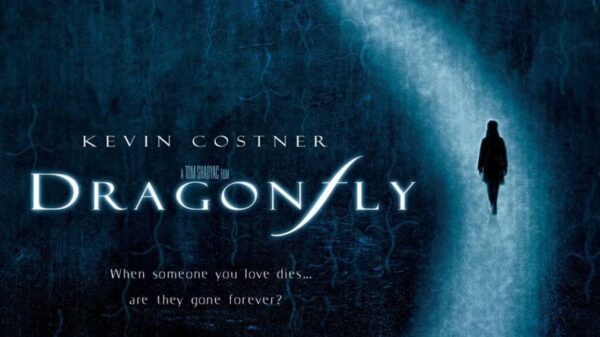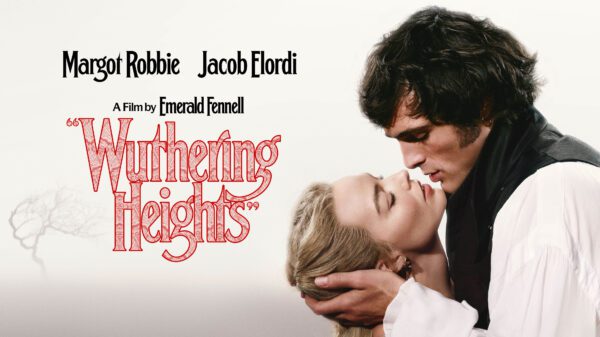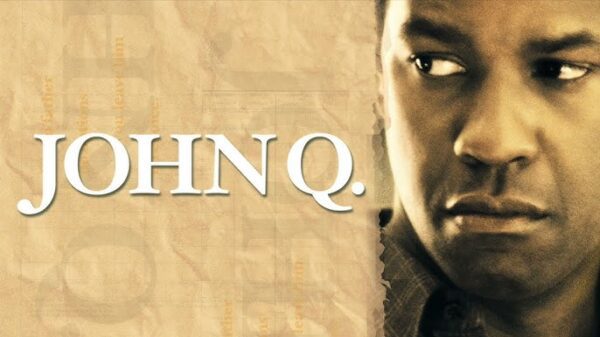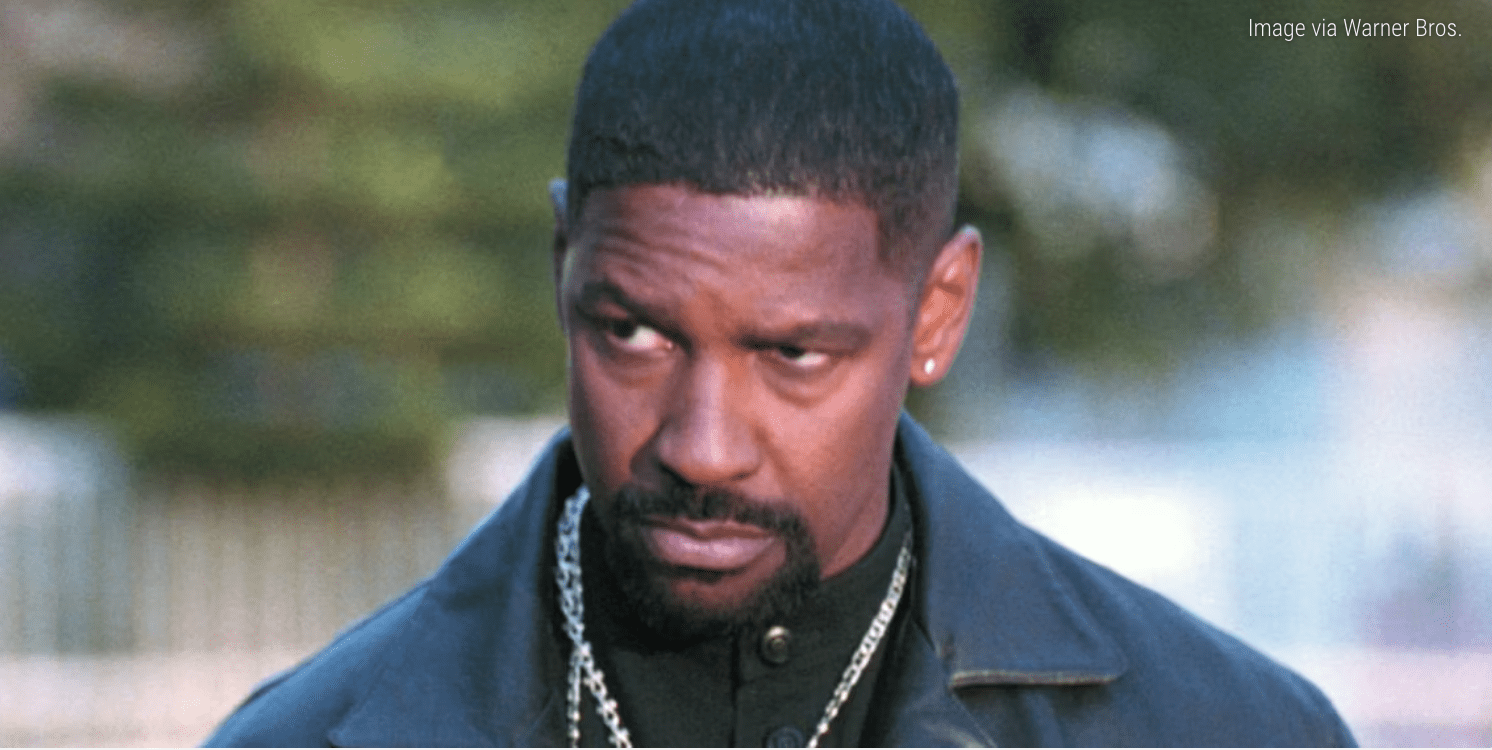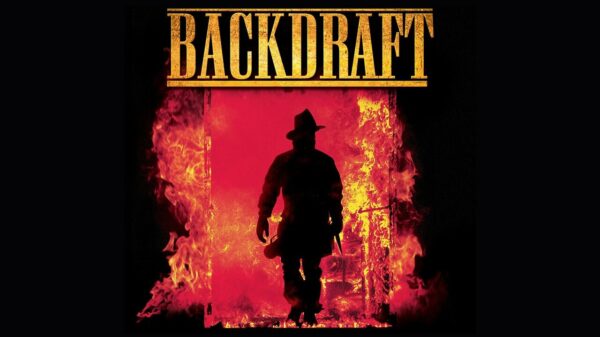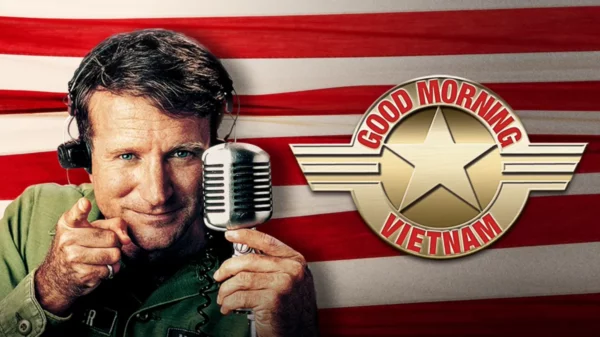Four decades on, Albert Brooks‘ Lost in America remains a sharp, insightful, and painfully funny examination of the American dream gone awry. Released in theaters on March 15, 1985, this satirical masterpiece, starring Brooks and the wonderful Julie Hagerty, hasn’t aged a day, its themes of mid-life crisis, consumerism, and the search for authentic experience resonating with a timeless poignancy.
Brooks and Hagerty play David and Linda Howard, an upwardly mobile couple who decide to “drop out” of their comfortable, materialistic existence. David, after being passed over for a promotion, impulsively convinces Linda to sell their possessions, buy a Winnebago, and “find themselves” on the open road, like the characters in Easy Rider.
What ensues is a brilliantly observed and hilariously awkward road trip, a masterclass in cringe comedy. Brooks’ writing and performance are razor-sharp, capturing the anxieties and delusions of a man desperately clinging to an idealized version of freedom. Hagerty, as Linda, is a revelation. Her seemingly naive and gentle demeanor masks a sharp wit and a growing sense of disillusionment. She grounds David’s manic energy with a quiet, heartbreaking vulnerability.
The film’s genius lies in its ability to find humor in the couple’s self-destructive tendencies. From their disastrous attempt to recreate Easy Rider at Hoover Dam to their increasingly desperate financial straits, Lost in America skewers the myth of the American dream with surgical precision. It’s a film about the gap between our aspirations and our realities, the gulf between our idealized selves and the often-comical, often-pathetic figures we present to the world.
Garry Marshall (director of Pretty Woman, New Year’s Eve and Valentine’s Day) makes an appearance as a casino manager in Las Vegas.
Beyond the laughs, Lost in America is a deeply empathetic film. Brooks doesn’t simply mock his characters; he understands their yearning for something more, their desire to escape the confines of a life that feels increasingly meaningless. The film’s enduring power comes from its ability to tap into our own anxieties and insecurities, our own struggles to find meaning in a world obsessed with material success.
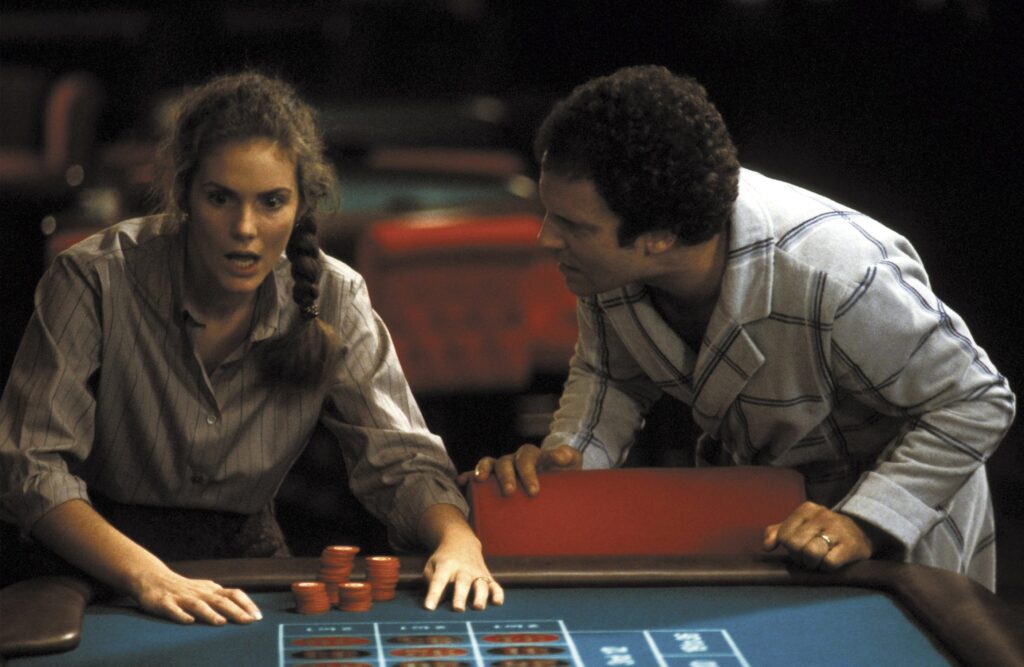
Albert Brooks and Julie Hagerty in Lost in America (Photo/Warner Bros.)
Reception for Lost in America
Lost in America grossed $154,877 in limited release on its opening weekend. Its $25,812 average on six screens was the top performing film of the weekend.
The top grossing film of the weekend was Beverly Hills Cop starring Eddie Murphy, grossing $4.6 million in its 15th week in release to remain atop the box office.
Lost in America would gross $10.2 million in its theatrical run.
Roger Ebert gave the film four out of four stars in his review, “Lost in America doesn’t tell a story so much as assemble a series of self-contained comic scenes, and the movie’s next scene is probably the best one in the movie.”
Legacy
40 years later, Lost in America remains a must-see. It’s a film that will make you laugh, make you cringe, and make you think. It’s a testament to the enduring power of Brooks’ singular comedic vision, and a reminder that the search for meaning, even when it’s hilariously misguided, is a journey worth taking.

